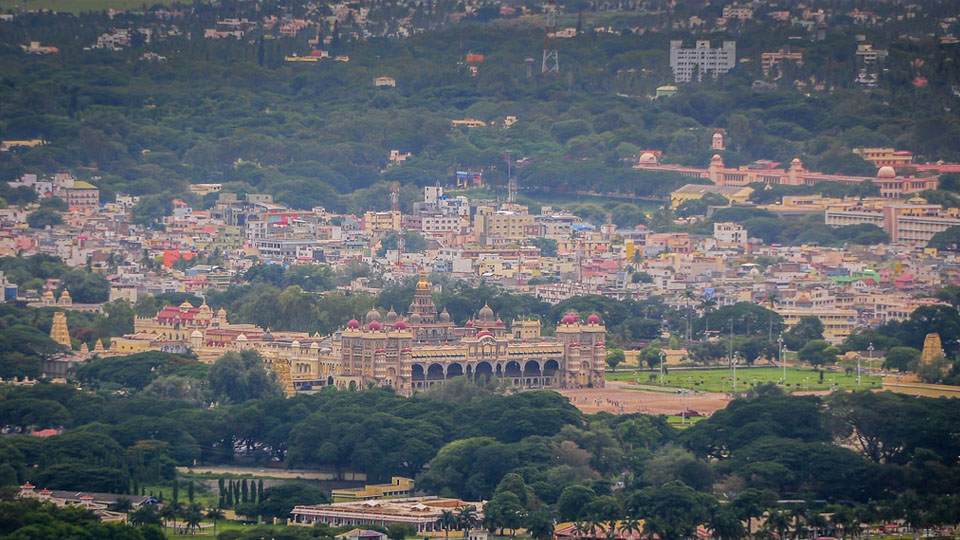Addressing a gathering comprising representatives of business fraternity, both from India and many countries across the world at the Global Business Meet in the nation’s capital last week, the land’s Prime Minister didn’t hide his pride in saying, despite the opinion expressed in some circles that India can never become a clean country, the nation’s 135 crore people have demonstrated that it is well on its way to be totally free of garbage littered everywhere. The claim made before an international audience by none other than the nation’s Prime Minister may set the law-abiding citizens of Mysuru wondering if he ever missed visiting the city after it lost the top rank as the country’s cleanest city. Figures stated as so many hundred tonnes piling up in the city every day and reports of the civic body’s herculean effort of processing the mass into valuable end products don’t seem to have made any impression on the section of the city’s population, the real misfits of the city given their incorrigible ways of littering all sorts of garbage across the city.
Narratives describing the image of Mysuru city in particular and the erstwhile Princely State of Mysore in general during the nearly five decades of reign of Nalwadi Krishnaraja Wadiyar don’t mention, even in passing, whether the city was bugged by the garbage menace unlike the present scenario. Maybe, the then Mysureans had imbibed on their own the rewards of keeping their environs tidy. That outlook has clearly taken a beating in our times.
The functionaries in Mysuru’s civic body are trying many measures, particularly to involve the residents of the city spread over about 130 square kilometres (and expanding) in nearly three lakh households hosting about twelve lakh population to prevent the daily mass of garbage to be left uncared for. What proportion of the city’s headcount has fallen in line to minimise the cost and effort of zero-risk management of the offending mass is anybody’s guess. The civic body deserves to be given full credit for not relenting in the task. Even as the authorities zeroed in on the roadside traders and cleared the footpaths across the city by confiscating their means of livelihood, the action has not gone down well on the count of snatching the livelihood of about 5,000 families. In the meanwhile, other features of spoiling the beauty of the city are not showing signs of change, as a picture of empty liquor bottles and plastic remains strewn in the vicinity of the Deputy Commissioner’s Office in a section of the press is testimony.
In sum, the measure of warning garbage-creating residents of the city and slapping penalty on offenders has not changed the dismal scenario for obvious reasons. Can anybody answer the question: Why do Mysureans, barring some sections, choose not to value tidiness of the living spaces? Those misfits of the city should be the target population to be monitored.








Recent Comments